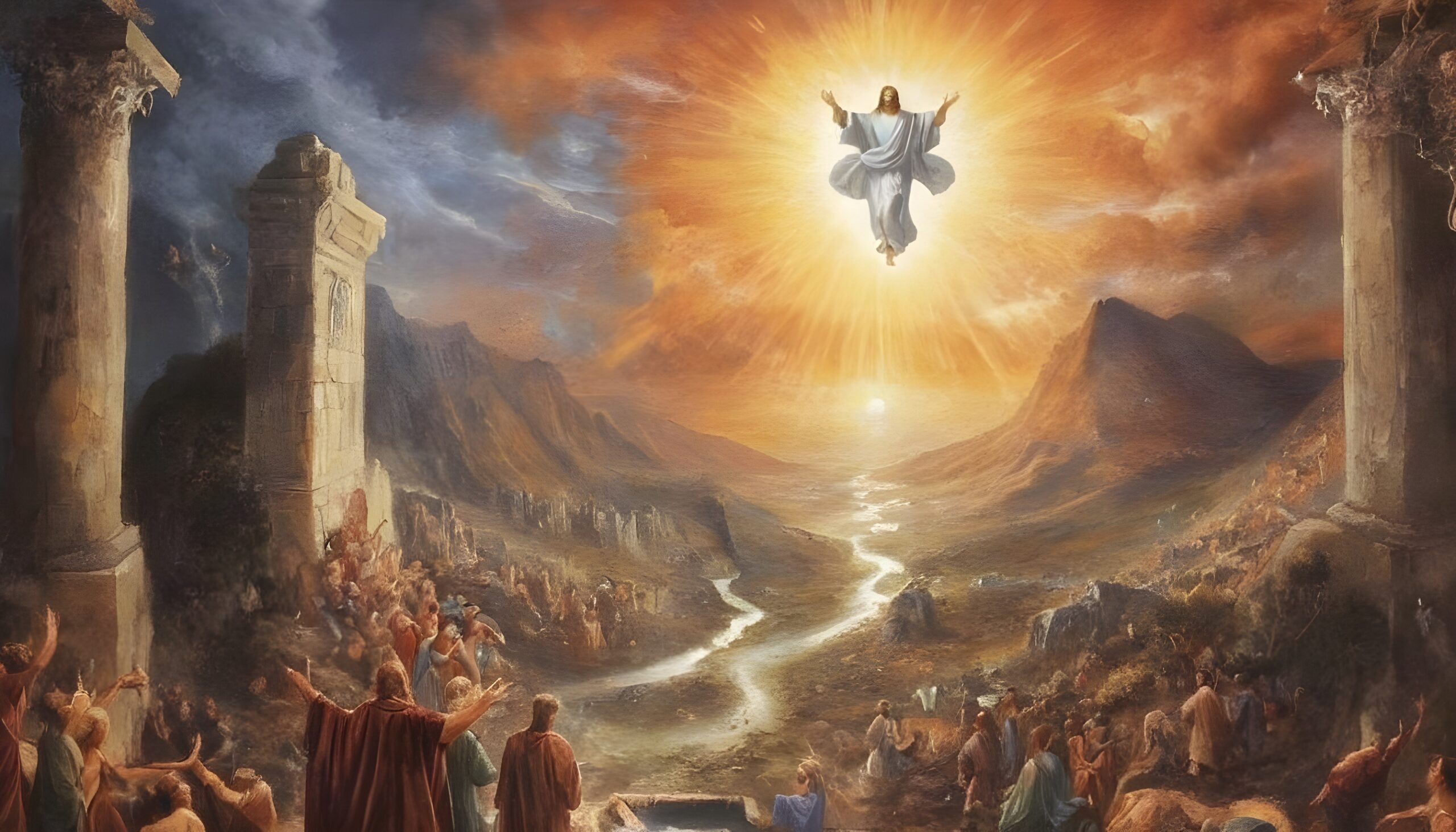The relationship between the “Kingdom of God” and the “Kingdom of Heaven” in Revelation 3 (and indeed throughout the Bible) is complex and has been debated by theologians and scholars for centuries. There are several perspectives on this topic, and it’s important to acknowledge the diversity of interpretations. Here are some key points to consider:
Similarities:
- Both terms refer to the reign or rule of God, signifying His authority and sovereignty.
- Both are associated with blessings, peace, justice, and eternal life.
- Both are ultimately under God’s control and represent His desired future for humanity.
Differences:
- Focus: The “Kingdom of God” often emphasizes the present reality of God’s rule within believers’ hearts and lives. It emphasizes the transformation brought about by faith and obedience to God’s will.
- Scope: The “Kingdom of Heaven” often refers to a future reality, a new creation where God’s rule is fully established and reigns supreme. It emphasizes the consummation of God’s plan for humanity.
- Accessibility: Some interpretations suggest that experiencing the “Kingdom of God” begins now through faith and submission to God, while the “Kingdom of Heaven” is the ultimate destination for believers after death or at the end of time.
Are they the same or entirely different?
There is no definitive answer, and different interpretations exist. Some view them as two aspects of the same reality, while others see them as distinct phases or stages. Ultimately, the specific understanding depends on theological perspective and interpretation of scripture.
Are they physical or spiritual?
Both concepts can encompass both physical and spiritual dimensions. The “Kingdom of God” can be experienced spiritually within believers through the transforming power of faith, but it may also manifest in physical ways through acts of justice, compassion, and service. The “Kingdom of Heaven” is primarily understood as a future reality, but it is described in some biblical passages with imagery that suggests physical characteristics.
Who goes there?
According to various interpretations, both the “Kingdom of God” and the “Kingdom of Heaven” are open to those who follow God’s commandments, repent of their sins, and live faithfully. The specific criteria for entry may differ depending on the interpretation.
#KingdomOfGod #KingdomOfHeaven #Bible #Theology #Christianity #Religion #Faith #Spirituality #Interpretation #EternalLife #Revelation3 #PresentVsFuture #TransformativeFaith #Eschatology #Salvation #SpiritualDimensions #OpennessToInterpretation #PersonalReflection
Conclusion:
The relationship between the “Kingdom of God” and the “Kingdom of Heaven” is a nuanced and complex theological concept. It’s important to approach these terms with open-mindedness and respect for diverse interpretations. By studying scripture, engaging with theological resources, and reflecting personally, you can develop your own understanding of these important concepts.



